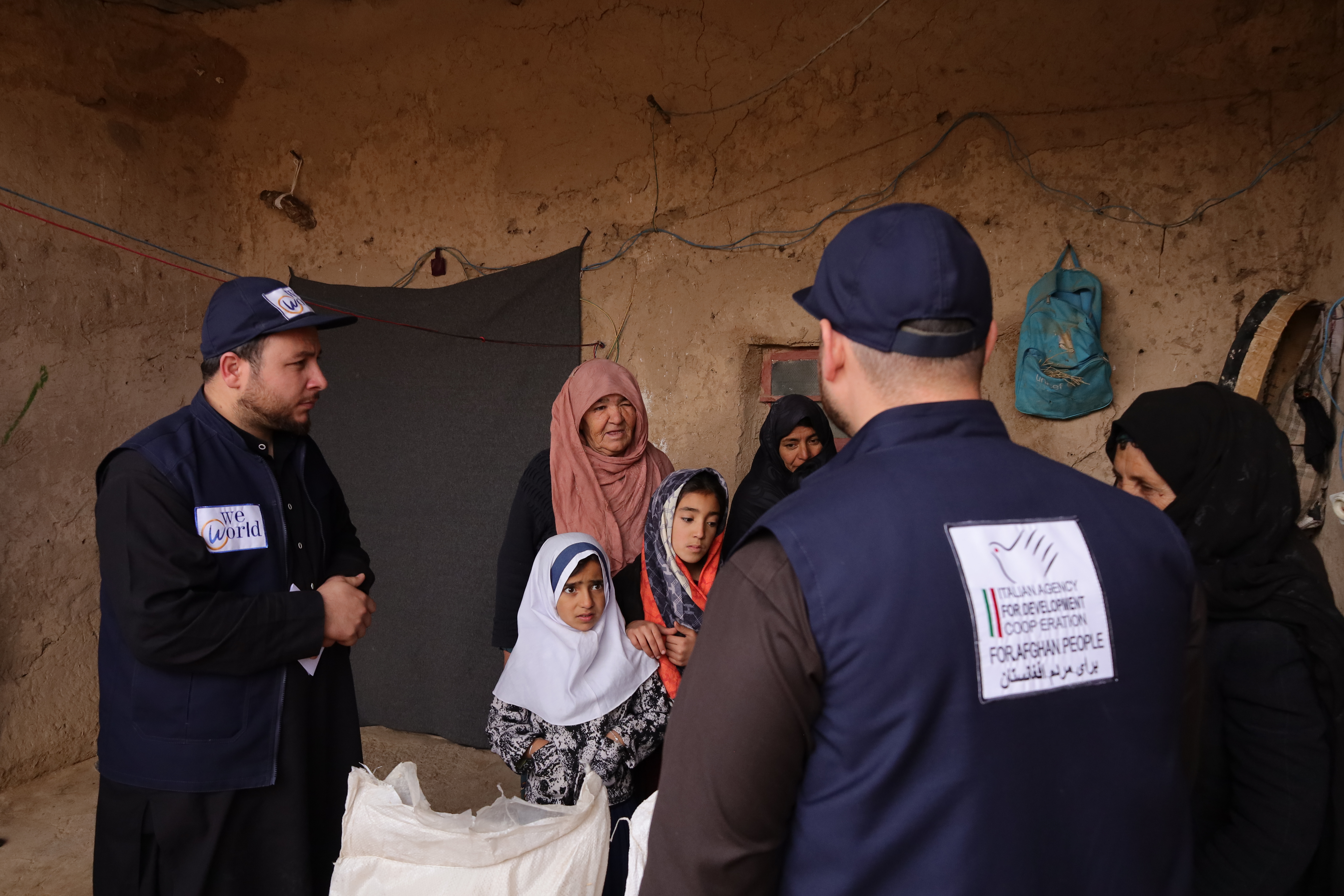Pakistan
Humanitarian needs in Pakistan are primarily driven by extreme weather events and complex migration dynamics.
Currently, the country hosts approximately 3.2 million Afghans, nearly 76% of whom are women and children, mainly concentrated in the provinces of Khyber Pakhtunkhwa and Balochistan. This presence places significant pressure on host communities, making access to essential services—such as food, healthcare, and education—more challenging.
Moreover, uncertainty regarding the legal status of Afghans—since Pakistan has not ratified the 1951 Geneva Convention on the Status of Refugees—and the repatriation plans initiated in October 2023 with the implementation of the Illegal Foreigners Repatriation Plan (IFRP), further complicate the situation.
According to the UNHCR, between October 2023 and early February 2024, more than 500,000 Afghans were repatriated (UNHCR, 2025).
Within this framework, UNHCR and its partners have developed the Solutions Strategy for Afghan Refugees (SSAR). In the context of SSAR, AICS Islamabad participates in technical coordination mechanisms to respond to the humanitarian needs of Afghans in Pakistan.
In addition, AICS Islamabad maintains an observer role in the Humanitarian Country Team (HCT).
Afghanistan
In 2024, the intervention strategy included support for essential services and humanitarian assistance. In a complex and volatile context such as that of Afghanistan, it appears necessary to complement immediate aid with activities aimed at supporting durable solutions and contributing to the resilience of communities. In line with the UN Strategic Framework for Afghanistan 2023-2025 (UNSFA), the 2024 initiatives aim to ensure access to essential services and foster economic opportunities and resilient livelihoods.
The strategic orientation of the AICS Islamabad office is in line with the 2024- 2026 Three-Year Programming and Policy Document, which provides that the initiatives to be implemented in Afghanistan shall focus on assisting the populations affected by protracted humanitarian crises with a view to protecting lives, alleviating suffering and safeguarding the dignity of persons.
